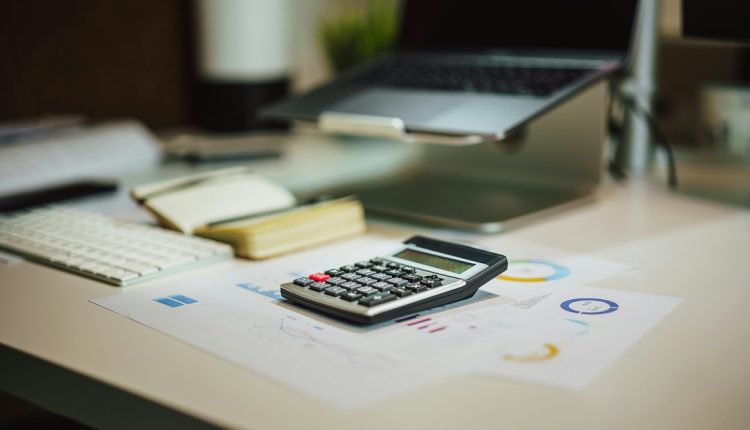Identifying small expenses that can silently empty your pockets
Small, unaccounted-for daily expenses can empty your pockets without the consumer even noticing. These are the "small expenses" that affect financial stability
The term “small expenses” refers to those small daily payments that don’t seem to be considered expenses, but can represent a considerable drain on your pocketbook, especially when they exceed your income at the end of the month.
These expenses can be for coffee, the snacks and candy you buy daily, soda, or mineral water. Personal finance experts point to these expenses as the culprits of an annual loss of hundreds of dollars.
In this way, the budget slowly evaporates. This is money that could easily be spent on savings or investments. However, consumers seem not to perceive small expenditures as a threat to their personal finances.
They clarify that the problem isn’t really the amount spent, as it can be a product worth cents on the dollar (or any other national currency); the real problem lies in the constant accumulation of these small outgoings.
The impact of small expenses materializes over the long term. That is, when the end of the year arrives, or at tax time, the individual realizes that this money leak could have been saved for a family vacation, a home repair, children’s education, among others.
This is an unconscious expense because the salary is diluted, so to speak, in impulsive, uncontrolled purchases that become a habit rather than a pleasure. Small expenses can also be classified as services that thousands of people subscribe to and then don’t enjoy.
Some economists also point to services such as delivery, which make life easier for consumers but add consumption that could sometimes be avoided. Such services can even double the cost of a meal or a good, which often isn’t really needed.
Without a doubt, another current, deeply rooted, petty expense worldwide is impulse purchases on social media and online stores. Economists refer to these consumptions as “cravings.”
Reducing petty spending is possible with discipline

But is it possible to identify if you are making petty spending? A review of monthly spending habits through bank statements can be helpful. Accounting for payments, even small amounts, can lead to a total sum that can threaten personal or family financial stability.
If the sum of these invisible expenses represents 20 % or 30 % of monthly income, measures must be taken to curb these cravings or unjustified payments for services that are not used and that may even generate fines for late payments.
Asking yourself, when faced with a seemingly small expense, whether it’s really necessary can help you reflect and prioritize each purchase. You might conclude that it’s an impulse, not a necessity.
Designing a monthly, biweekly, or weekly budget is another way to control small expenses. Currently, with the help of AI, there are various financial applications that help you plan this efficiently. And, of course, it’s not about not treating yourself once in a while, but rather about controlling impulse spending.
M. Pino
With information from specialized financial media
(Main reference image: Jakub Żerdzicki on Unsplash)
Visit our news channel on Google News and follow us to get accurate, interesting information and stay up to date with everything. You can also see our daily content on X/Twitter and Instagram


